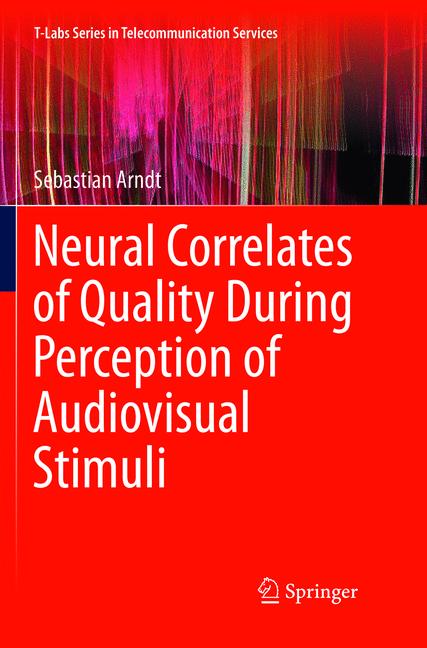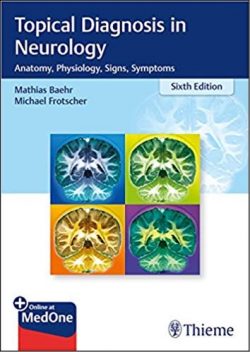This book presents a new approach to examining the perceived quality of audiovisual sequences. It uses electroencephalography (EEG) to explain in detail how user quality judgments are formed within a test participant, and what the physiological implications might be when subjects are exposed to lower quality media. The book redefines the experimental paradigms of using EEG in the area of quality assessment so that they better suit the requirements of standard subjective quality testing, and presents experimental protocols and stimuli that have been adjusted accordingly.
Motivation.-
State of the Art.- Short-Term Experiments.- Long-Term
Experiments.- Medium-Term Experiments.- Discussion
and Conclusion.
This book presents a new approach to examining perceived quality of audiovisual sequences. It uses electroencephalography to understand how exactly user quality judgments are formed within a test participant, and what might be the physiologically-based implications when being exposed to lower quality media. The book redefines experimental paradigms of using EEG in the area of quality assessment so that they better suit the requirements of standard subjective quality testings. Therefore, experimental protocols and stimuli are adjusted accordingly.
Presents a new approach to examining perceived quality of audiovisual sequences
Redefines experimental paradigms of using electroencephalography (EEG) in quality assessment
Uses electroencephalography to explain in detail how user quality judgments are formed





